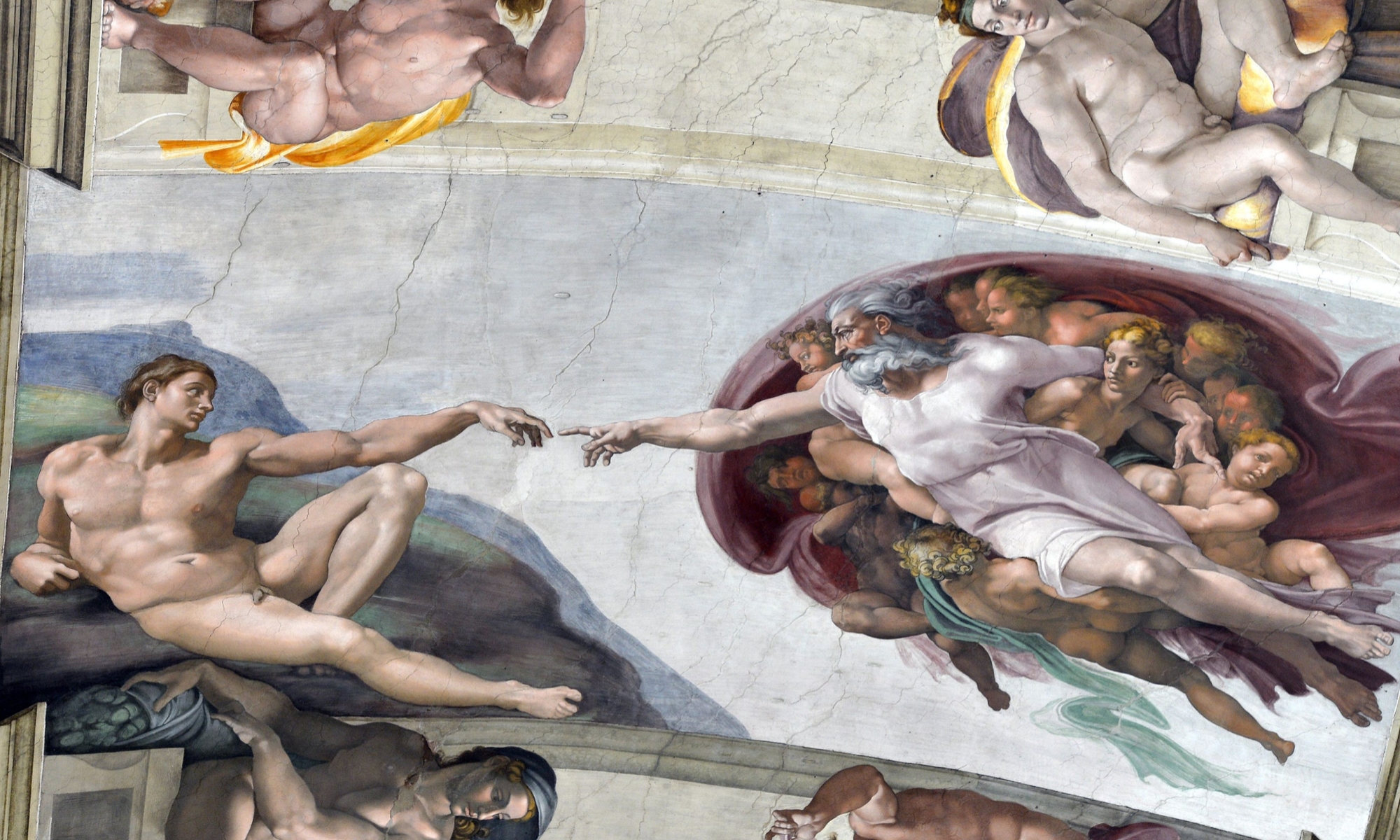
The night was heavy with an unnatural stillness, the kind that presses down on the soul and whispers of hidden horrors. Joe stood at the edge of the rail yard on Boundary Road, his eyes fixed on the garish red-and-yellow caboose glowing faintly under the pale moonlight. He adjusted his weathered fedora, the leather of his jacket creaking as he shifted.
“This is where it leads,” he muttered, gripping the bullwhip coiled at his side. “The Masonic ladder… straight to darkness.”
For weeks, Joe had followed the cryptic trail left by the Freemasons—a series of symbols and clues that spoke of a secret too terrible to ignore. Children disappearing without a trace. Whispers of a demon and a mad clown. It all pointed here, to the caboose of doom.
Joe approached cautiously, his boots crunching on the frost-covered gravel. The air around the caboose felt thick, oppressive, as if the very fabric of reality warped in its presence. From within, faint sounds drifted out: laughter, high-pitched and unnatural, and the clinking of chains.
With a deep breath, Joe pushed open the caboose door.
The interior was a nightmare. Strings of flickering lights cast a sickly glow over the cramped space, illuminating rows of children in ragged clothes. They moved mechanically, their eyes vacant, as they worked on bizarre machines that hissed and whirred. At the center of it all stood Ronald McDonald, his painted face twisted into a grin that was anything but friendly.
“Welcome, adventurer,” Ronald said, spreading his arms theatrically. “I’ve been expecting you.”
Joe’s jaw tightened. “Let them go, Ronald. Whatever this is, it ends now.”
Ronald’s laughter filled the caboose, a chilling sound that seemed to come from everywhere at once. “You think you can stop me? These children are mine now, slaves to the darkness they were born into. The Masons knew what they were doing when they sent them here.”
Joe’s eyes narrowed. “You’re mad.”
“Mad?” Ronald’s grin widened. “I’m enlightened. Krampus showed me the truth, and now these children will serve a greater purpose.”
As if summoned by his words, Krampus emerged from the shadows at the far end of the caboose. The demon’s massive form filled the space, his glowing eyes locking onto Joe. “Leave now, mortal,” Krampus growled, his voice like thunder. “Or join them in servitude.”
Joe didn’t flinch. With a swift motion, he unfurled his whip and cracked it toward the machinery. Sparks flew as the whip wrapped around a key lever, and Joe yanked hard, sending gears and cogs crashing to the floor.
The children froze, their trance broken. They looked around in confusion, their eyes filling with fear and hope.
“Run!” Joe shouted.
The children bolted for the door, their small feet pounding against the floorboards. Ronald lunged to stop them, but Joe was faster. He swung his whip again, catching the clown’s arm and sending him sprawling.
Krampus roared in fury, charging at Joe with claws outstretched. Joe ducked and rolled, grabbing a loose chain from the floor and swinging it like a weapon. The chain wrapped around one of Krampus’s horns, and with all his strength, Joe pulled the demon off balance.
“You’re not taking anyone else!” Joe growled, his voice echoing with determination.
With a final heave, he sent Krampus crashing into the wall. The caboose shuddered, its walls groaning as if the structure itself was alive.
“Next time, Joe,” Ronald hissed, dragging himself to his feet. “You can’t stop the darkness forever.”
Joe didn’t reply. He was already herding the last of the children out the door. As they ran into the night, the caboose began to collapse, folding in on itself like a dying star.
By the time the sun rose, the rail yard was empty, save for the faint smell of grease and a single red balloon floating in the breeze.
Joe stood at the edge of the tracks, watching the horizon. The Masonic ladder had led to darkness, but he had pulled the children back from the brink.
For now, the nightmare was over. But Joe knew the fight wasn’t finished. Ronald and Krampus would return, and when they did, he’d be ready.



